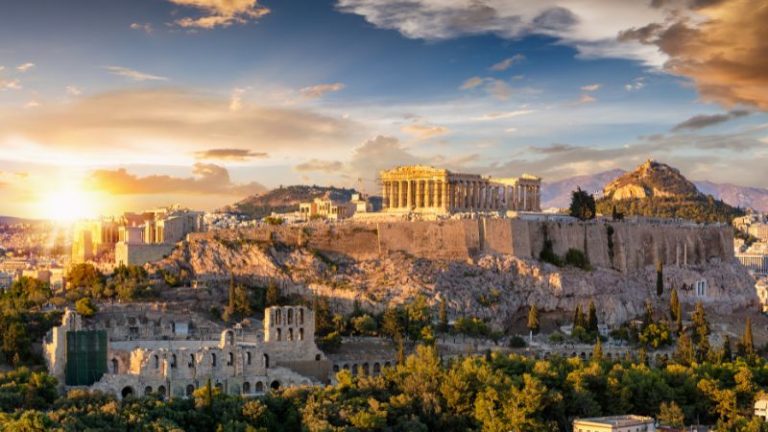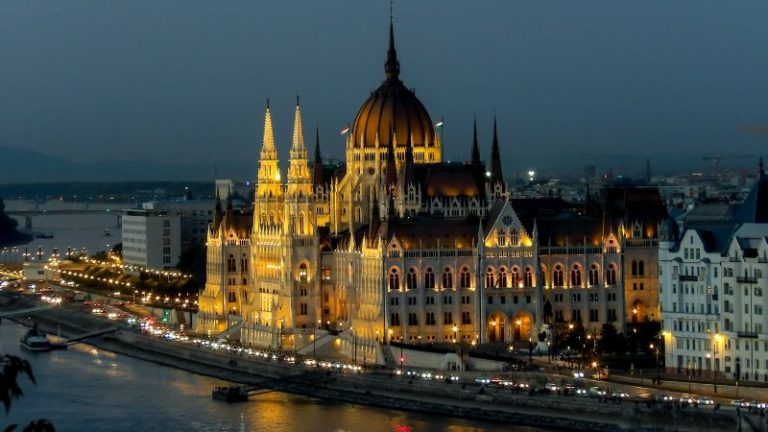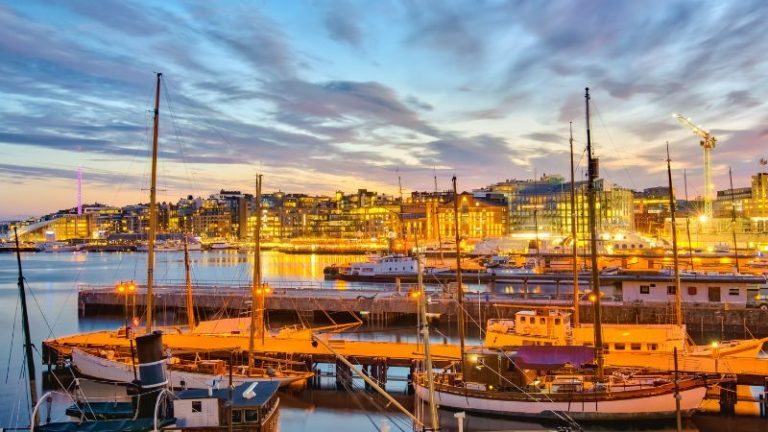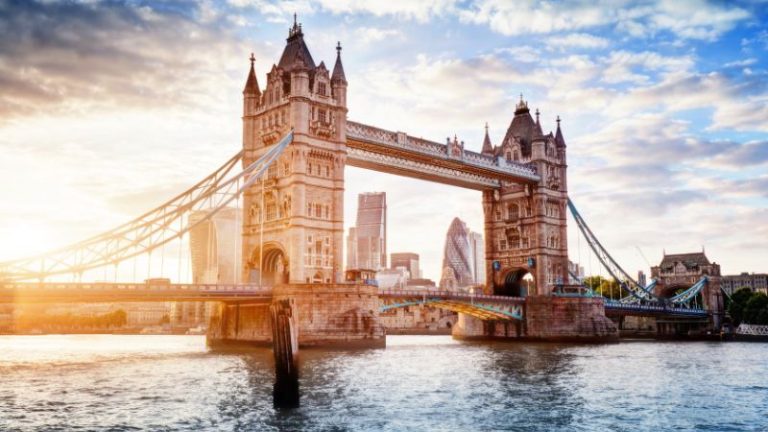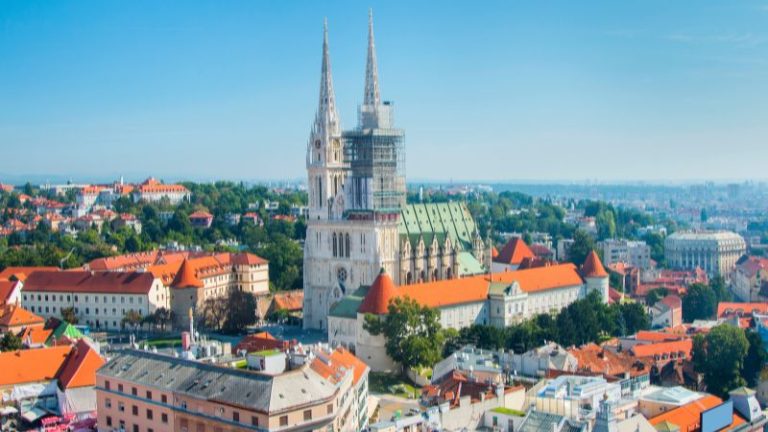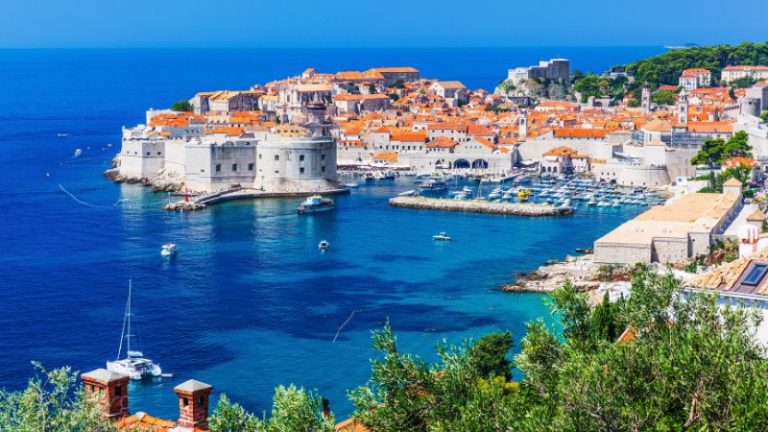Best Time to Visit Vienna

Vienna, known for its imperial history, vibrant cultural scene, and beautiful architecture, offers a range of experiences that shift with the seasons. Deciding the best time to visit Vienna depends on what you’re looking for in your travel experience—whether it’s favorable weather, fewer tourists, budget-friendly options, or participation in local festivals and events. Each season in Vienna provides distinct experiences, influenced by its continental climate, which can significantly shape your visit.
Vienna is an enchanting destination throughout the year, offering diverse attractions from the grand balls of winter to the music-filled summer nights. Understanding when to visit can help you maximize your experience, whether you’re interested in exploring museums, attending opera performances, or strolling through historic streets. Here’s a guide to the best times to visit Vienna, tailored to different travel needs and interests.
Best Time for Good Weather: Late Spring and Early Fall
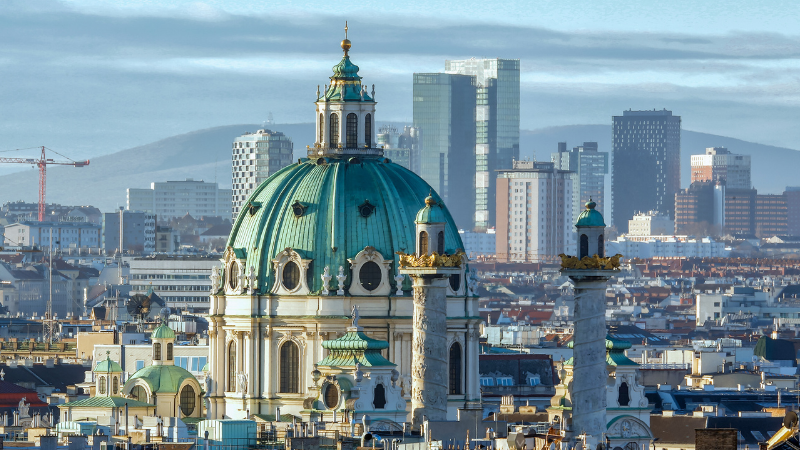
Late Spring (May and June) is one of the best times to visit Vienna. The weather is pleasantly warm, with average temperatures ranging from 60°F to 70°F (15°C to 21°C). This period is ideal for outdoor activities such as visiting the Schönbrunn Palace gardens or enjoying a leisurely boat ride on the Danube. The city’s parks are in full bloom, providing beautiful settings for picnics or leisurely walks.
Early Fall (September and October) offers similar advantages, with mild temperatures and the added beauty of autumn colors in the city’s many parks. This time is perfect for visiting outdoor markets, such as the Naschmarkt, or enjoying the last of the outdoor concerts and events. The cooler temperatures make exploring Vienna’s architectural marvels, like the Hofburg Palace, more comfortable and enjoyable.
Both seasons provide an excellent climate for comfortably exploring Vienna’s extensive cultural attractions, enjoying its café culture, and experiencing the city without the extremes of summer heat or winter cold.
Best Time for Budget Travel: Winter
Winter (December to February) is the most economical time to visit Vienna. Although it’s cold, with temperatures often ranging from 30°F to 40°F (-1°C to 4°C), the city offers a magical winter experience, especially around Christmas. Vienna is famous for its Christmas markets that light up the city with festive decorations and offer a variety of seasonal treats and crafts.
Visiting Vienna in winter also means you can enjoy the world-renowned Vienna Opera Ball and other winter balls, a unique Viennese experience. Indoor attractions like the Albertina Museum and the Belvedere Palace are less crowded, allowing for a more relaxed exploration of their extensive art collections.
Best Time for Fewer Crowds: Late Autumn
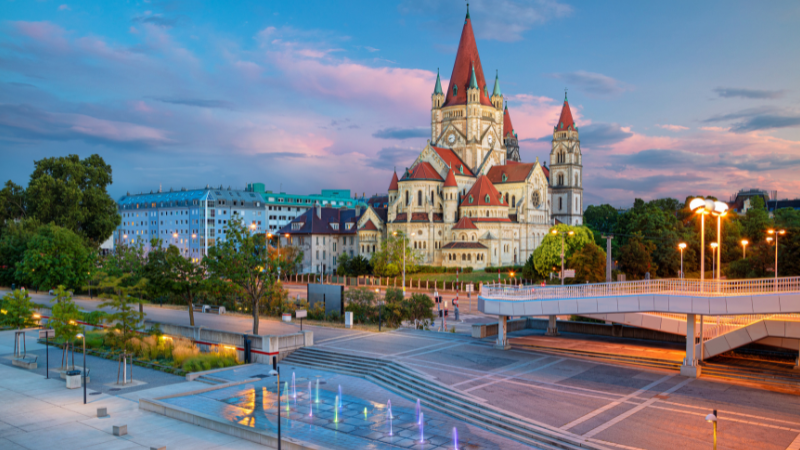
Late Autumn (November) is an excellent time to visit Vienna if you’re looking to avoid the peak tourist seasons. The weather is cool, typically around 40°F to 50°F (4°C to 10°C), and the summer crowds have thinned out. This season allows for peaceful visits to popular sites such as St. Stephen’s Cathedral and the Vienna State Opera.
The decrease in tourist traffic during late autumn makes it easier to secure tickets to musical performances and reservations at top restaurants. Additionally, Vienna begins to prepare for the holiday season in November, so you can enjoy the festive atmosphere starting to build up with fewer people around.
Best Time for Festivals and Events: Summer
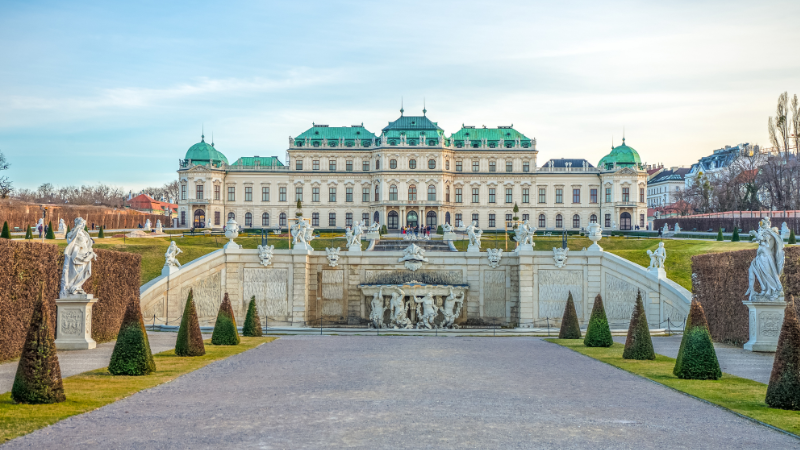
Summer (June to August) is the peak season for festivals and cultural events in Vienna, making it the best time for those looking to experience the city’s lively cultural scene. Temperatures are warm, typically ranging from 70°F to 85°F (21°C to 29°C), perfect for outdoor festivals and late-night events.
During this period, Vienna hosts several significant events, including the Vienna Jazz Festival and the Donauinselfest, one of Europe’s largest open-air festivals. The city’s theaters and concert halls, such as the Burgtheater and the Musikverein, offer a rich program that attracts visitors from around the world.
While summer brings larger crowds and higher temperatures, the abundance of cultural activities and the vibrant atmosphere make it a particularly exciting time to experience Vienna at its most dynamic and festive.

